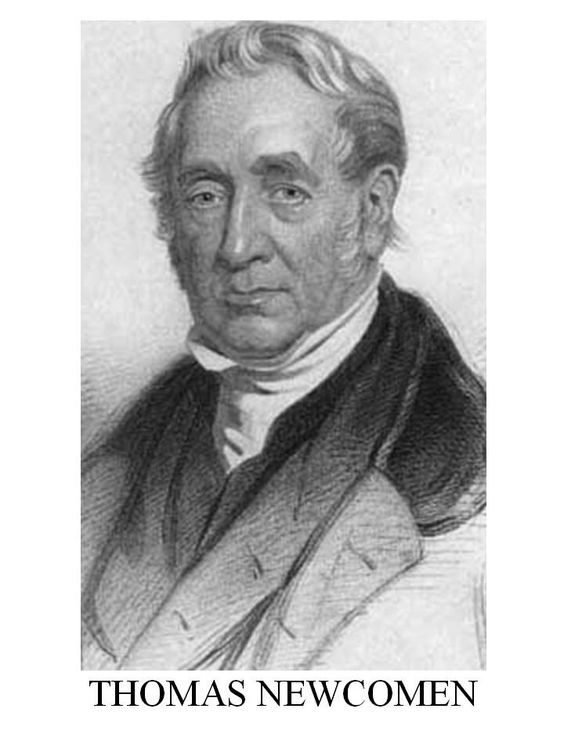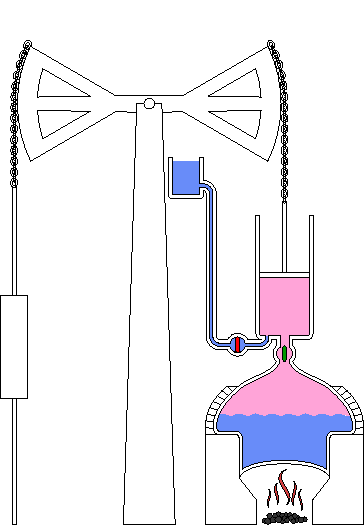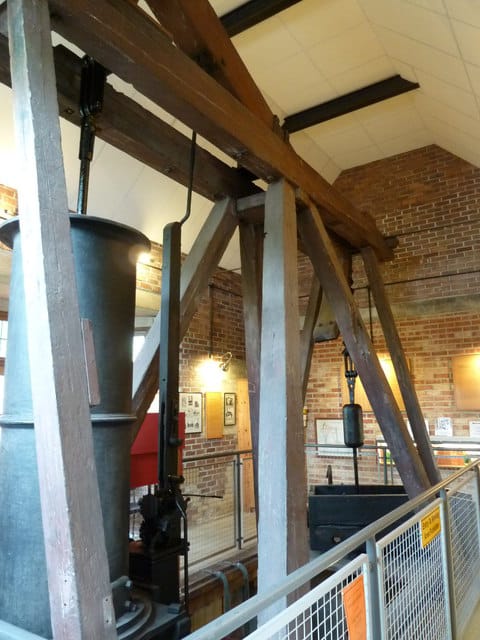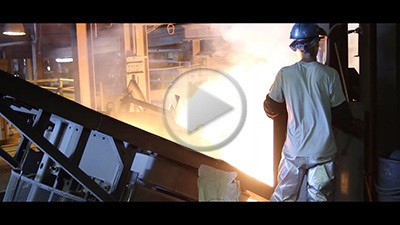Thomas Newcomen: the Revolutionary Impact of Iron Foundries
Thomas Newcomen and the Revolutionary Impact of Iron Foundries
 Iron foundries have played a pivotal role in the industrial revolution, transforming various sectors of society. This article delves into the life and accomplishments of Thomas Newcomen, an influential figure in the history of iron foundries. From the development of the atmospheric steam engine to its widespread application in various industries, Newcomen’s inventions revolutionized the way people lived and worked, marking a significant turning point in human history.
Iron foundries have played a pivotal role in the industrial revolution, transforming various sectors of society. This article delves into the life and accomplishments of Thomas Newcomen, an influential figure in the history of iron foundries. From the development of the atmospheric steam engine to its widespread application in various industries, Newcomen’s inventions revolutionized the way people lived and worked, marking a significant turning point in human history.
A Well-Rounded Man
Thomas Newcomen, an English inventor, was born in Dartmouth, Devon in 1664. His family were merchants and when he was old enough he became involved with the mining industry. He became what is referred to as an “ironmonger”. Ironmongers typically made and sold iron tools and utensils, focusing on either household wares or workman’s tools. Newcomen provided tools for miners and mining companies.
At the same time that he was getting into the iron industry, Newcomen became a lay pastor and teaching elder at the local Baptist church in Dartmouth, England. Over the years he drew pastors and church leaders into his life. Some were mentors and others even became business associates. In 1710 he became the pastor of another group of Baptists in the area.
A Pioneering Inventor
 He is best known for his invention of the atmospheric steam engine, a groundbreaking technology that laid the foundation for the Industrial Revolution. Newcomen’s early career was centered around iron foundries, where he gained invaluable insights into the properties and applications of iron.
He is best known for his invention of the atmospheric steam engine, a groundbreaking technology that laid the foundation for the Industrial Revolution. Newcomen’s early career was centered around iron foundries, where he gained invaluable insights into the properties and applications of iron.Newcomen’s breakthrough came in 1712 when he designed and constructed the first practical steam engine. His invention utilized the power of atmospheric pressure to create a vacuum, allowing the engine to draw water from mines more efficiently than traditional methods. By harnessing the power of steam, Newcomen revolutionized the mining industry and paved the way for the widespread use of steam power in various sectors.
Catalyzing Industrial Progress in the Iron Foundry Industry
Iron foundries played a crucial role in the development and implementation of Newcomen’s steam engine. These foundries were instrumental in producing the massive cast-iron components required for the construction of steam engines. Iron foundries utilized the process of smelting iron ore to produce high-quality cast iron, which was then molded into intricate shapes and structures.
The advent of iron foundries provided the necessary infrastructure to support large-scale industrialization. These foundries became hubs of innovation and technological advancement, facilitating the production of machinery, tools, and infrastructure components. The ability to mass-produce cast iron parts enabled the construction of more efficient and powerful steam engines, driving the expansion of industries such as mining, transportation, and manufacturing.
Impact of Iron Foundries on Society
Iron foundries had a profound impact on society, revolutionizing various sectors and transforming the way people lived and worked. The availability of cast iron components led to the development of advanced machinery and equipment, which significantly increased productivity and efficiency. Factories equipped with steam engines powered by cast iron parts were able to produce goods at an unprecedented rate, leading to the mass production of textiles, iron goods, and other commodities.
Moreover, iron foundries also contributed to the development of infrastructure, including railways, bridges, and buildings. The ability to produce large quantities of cast iron components allowed for the construction of sturdy structures that could withstand heavy loads and harsh conditions. This infrastructure development, made possible by iron foundries, facilitated trade, transportation, and urbanization, ultimately shaping the modern world.
 Newcomen’s Legacy in the Iron Foundry Industry
Newcomen’s Legacy in the Iron Foundry Industry
The contributions of Thomas Newcomen and iron foundries to industrial progress cannot be overstated. Newcomen’s atmospheric steam engine laid the groundwork for subsequent advancements in steam power, leading to the development of more efficient engines by engineers such as James Watt. Iron foundries, with their ability to mass-produce cast iron components, transformed industries and set the stage for the technological advancements that followed.
The impact of iron foundries is still visible today. From the towering structures of the modern cityscape to the advanced machinery that powers our industries, the legacy of iron foundries continues to shape our lives. The industrial revolution sparked by Newcomen’s inventions propelled society into a new era, emphasizing the importance of innovation and technology in driving progress.
Thomas Newcomen’s pioneering work in iron foundries and his invention of the atmospheric steam engine ushered in an era of unprecedented industrial progress. The development and widespread implementation of iron foundries enabled the mass production of cast iron components, fueling the expansion of industries and the transformation of society. The impact of iron foundries continues to resonate in the modern world, underscoring the significance of technological innovation and its ability to shape our lives.
 Choose Willman Today
Choose Willman Today
Willman Industries has consistently strived for excellence in the quality of the parts that we produce. Our pride is to provide the best quality product when you need it. Contact us today to find out what we can do for you! One of our engineers will walk you through our process and get you a free quote!

